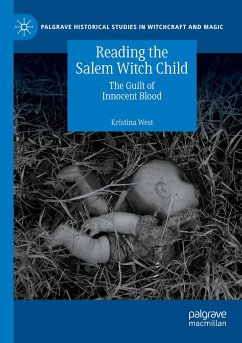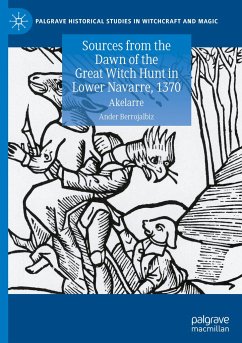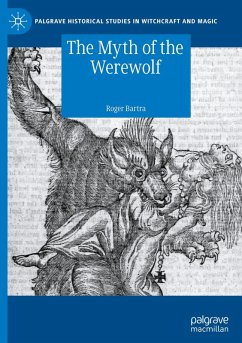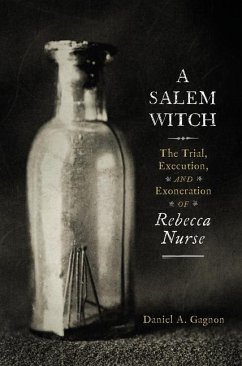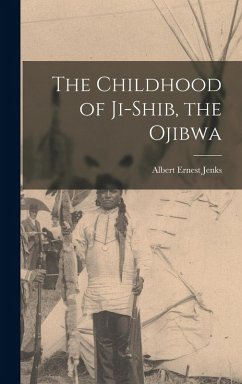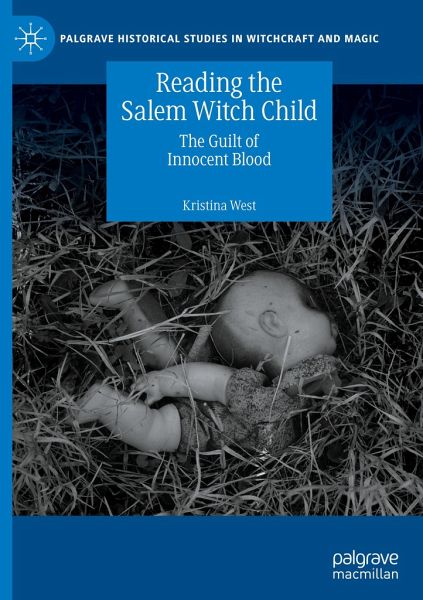
Reading the Salem Witch Child
The Guilt of Innocent Blood
Versandkostenfrei!
Versandfertig in 6-10 Tagen
91,99 €
inkl. MwSt.
Weitere Ausgaben:

PAYBACK Punkte
46 °P sammeln!
This book discusses the role of children in the Salem witch trials through a close reading of the many and varied narratives of the trials, including court records, contemporary and historical documents, fiction, drama, and poetry. Taking a critical theory approach to explore both what we might understand as a child in 1692 New England and to consider our adult investment in reading the child, Kristina West explores narratives of the afflicted girls and the many accused children whom are often absent or overlooked in histories, and considers how the trial structure is continually repeated in a...
This book discusses the role of children in the Salem witch trials through a close reading of the many and varied narratives of the trials, including court records, contemporary and historical documents, fiction, drama, and poetry. Taking a critical theory approach to explore both what we might understand as a child in 1692 New England and to consider our adult investment in reading the child, Kristina West explores narratives of the afflicted girls and the many accused children whom are often absent or overlooked in histories, and considers how the trial structure is continually repeated in attempts to establish the respective guilt and innocence of these and other groups. This book also analyses later manuscripts and fictional rewritings of the trials to question the basis on which assumptions about the child in history are made, and to consider why such narratives of Salem's children are still relevant now.





